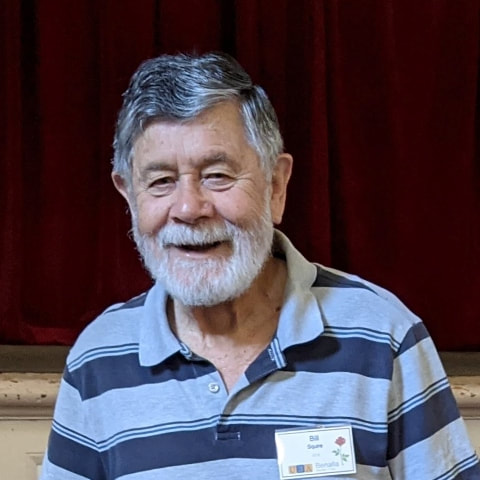The piece was written for any combination of loud sounding instruments which was in keeping with the composer’s desire to avoid standard instrumental combinations. Andriessen states that “This piece is a combination of individual freedom and severe discipline: its rhythm is exactly fixed; the pitch, on the other hand, is indicated only approximately, on a single-lined stave. It is difficult to play in an ensemble and to remain in step, sort of like organizing and carrying on political action. No two recordings of the work, it is claimed, are the same.
Mozart’s Concert for Two Pianos – one of the most artful and ambitious works of all his piano concertos - served to quickly bring us back in time to the golden age of Viennese music. For what occasion Mozart wrote this piece is not known for certain, but it is claimed that he wrote it for himself to play with his sister. As youngsters the Mozart siblings often performed together. Fitting it was then that the performance our group watched was by two pianist brothers who had grown up from an early age performing together.
A trumpet concerto by Czech composer Johann Baptiste Neruda and a rendition of Gabriel Fauré’s ‘Cantique de Jean Racine’, the latter performed by Australia’s very own Gondwana Voices, closed out the session in complete contrast to its beginning.
Our second session was on the day of the anniversary of the Russian invasion of Ukraine. Serendipitously the major work selected was Beethoven’s 3rd Symphony originally conceived to honour Napoleon’s victory over the combined forces of Russian and Austria. The dedication to Napoleon, however, was short lived. When Napoleon declared himself as Emperor of France, Beethoven, in fury that Napoleon showed himself as no better than any despot who had previously ruled in Europe, scratched his name from the title page and changed the dedication to “an heroic person”. Hence today the symphony carries the title “Eroica”, a title that many would want to ascribe to those involved in the defence of Ukraine today. The rest of the programme was given over to a series of short works by Ukrainian composers culminating in a presentation of lively and colourful dance routines by a Ukrainian national dance ensemble.
Here are the links to the notes and recordings:
10th February
Session Notes
Andriessen - Workers Union
Mozart - Concerto for Two Pianos
Neruda - Concerto for Trumpet and Strings
Faure - Cantique de Jean Racine
24tth February
Session Notes
Beethoven Symphony No 3
Choir - Prayer for Ukraine & 'Oak'
Melodia on a Ukranian Theme
Impromptu 66 No.2
Orchestra - Prayer for Ukraine
Ukrainian National Dance Ensemble
Bill Squire.


